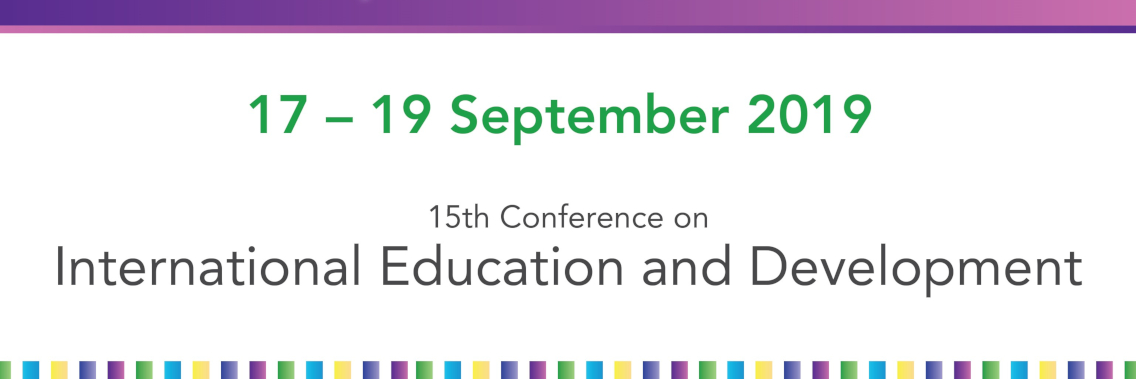Increasing inequality, protracted conflict, accelerating climate change, financial uncertainty and rapid transformation of labour markets are all exerting considerable pressure on education systems. And within national systems there is stark evidence of high levels of inefficiency and inequality; many children have limited experience of school, and for many more, their experiences are not productive for them or their families. Changes at system level and beyond are critically needed to deliver better learning outcomes for all – children, youth and adults – including the most vulnerable and marginalised.
SDG 4.5 calls for countries to “eliminate gender disparities in education and ensure equal access to all levels of education and vocational training for the vulnerable, including persons with disabilities, indigenous peoples and children in vulnerable situations”. How can systems be reformed to enable them to provide large scale solutions to providing quality, inclusive education and training for all?
The pressure is on to find new and innovative ways to strengthen and improve education for all. There are calls for education and training systems to reorient towards delivering the skills required for future work and social life- often termed ‘21st Century Skills’.
Misconceptions around inclusive education and the needs of vulnerable groups can lead to resistance to change and misdirection of funding.
The conference will explore these ideas through a number of themes:
- Future directions in inclusive education systems
- Problematizing inclusive systems
- Education financing for global equity and inclusion
- Education technology and data science for inclusive systems
- Education system actors: strengthening inclusive practice
- System responses to conflict and crises
VENUE:
Oxford, UK
17-19 September 2019
Original source: UKFIET
Published on 23 July 2019

